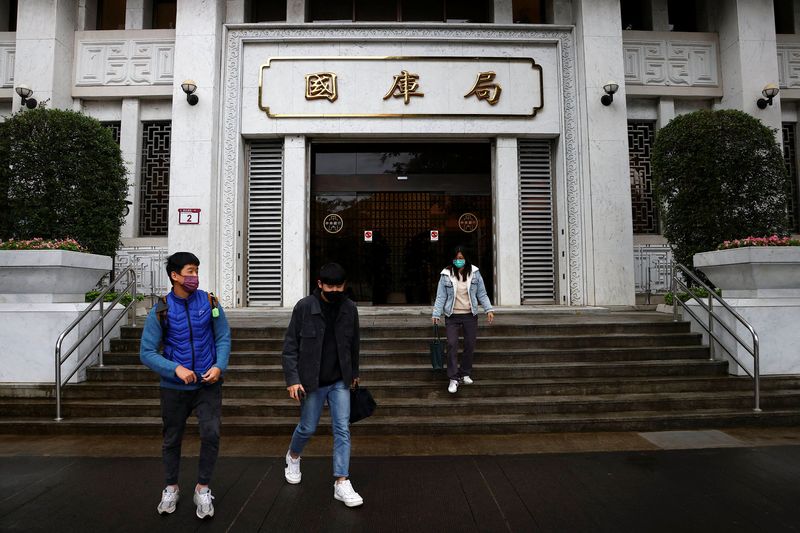AI Sentiment: Bullish
Reason: The article portrays a positive sentiment towards Taiwan's economy, highlighting the expected steady policy rates, strong domestic economy, and robust performance amidst global uncertainties. Despite inflation concerns, economists believe Taiwan's central bank will maintain ample liquidity to support the economy.
In a recent development, Taiwan's central bank is expected to keep the key policy rates steady at its quarterly meeting. Economists believe that a strong domestic economy and persistent inflationary pressures provide a solid justification for maintaining the current monetary policy.
According to a Reuters poll of 14 economists, all predict that the discount rate will remain unchanged at 1.125%, a decision that would mark the sixth straight quarter without a rate change.
The Taiwanese economy has shown robust performance even amidst global uncertainties. The island's export-oriented economy has benefited significantly from strong global demand for technology products during the pandemic. In fact, tech demand is so strong that Taiwan has upgraded its growth outlook for this year to 5.75% from the previous estimate of 4.64%.
Moreover, Taiwan's economy is not only buoyed by strong exports but also by a resilient domestic market. The government's successful management of the COVID-19 crisis has resulted in a comparatively normal economic and social life, supporting local businesses and consumption.
However, lingering inflationary pressures are a concern. The consumer price index (CPI) rose by 1.84% in August from a year earlier, the highest increase since 2015. It is partly due to the rising cost of commodities worldwide and partly due to the increase in domestic food prices following a bird flu outbreak.
Despite inflation concerns, economists believe the central bank will hold off on tightening its monetary policy. They think that the central bank will want to maintain ample liquidity to support the economy, especially considering the potential impact of the ongoing power shortage on Taiwan's large tech sector.
While the Taiwan central bank has not commented on monetary policy ahead of the meeting, it has expressed concerns about the rising property prices. So, it is anticipated that the bank might take macroprudential measures to cool down the property market rather than raising interest rates.
In conclusion, the steady policy rate is seen as a balance between supporting strong economic growth and managing inflation risks. It reflects the central bank's cautious optimism about Taiwan's economic outlook.




